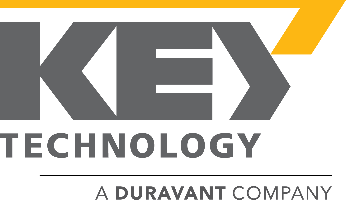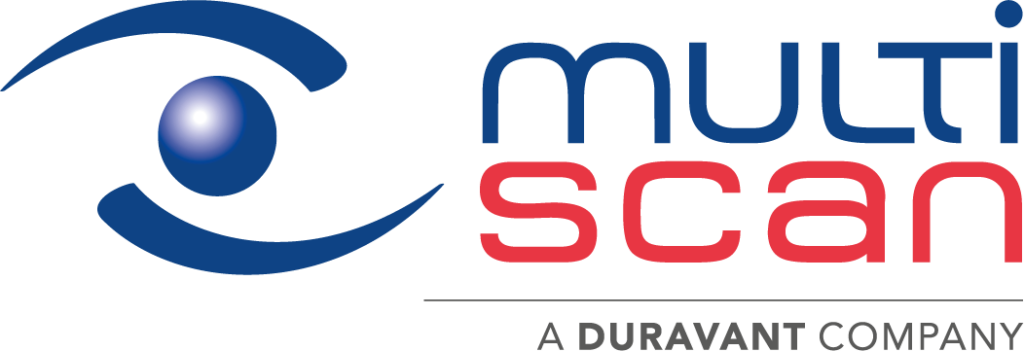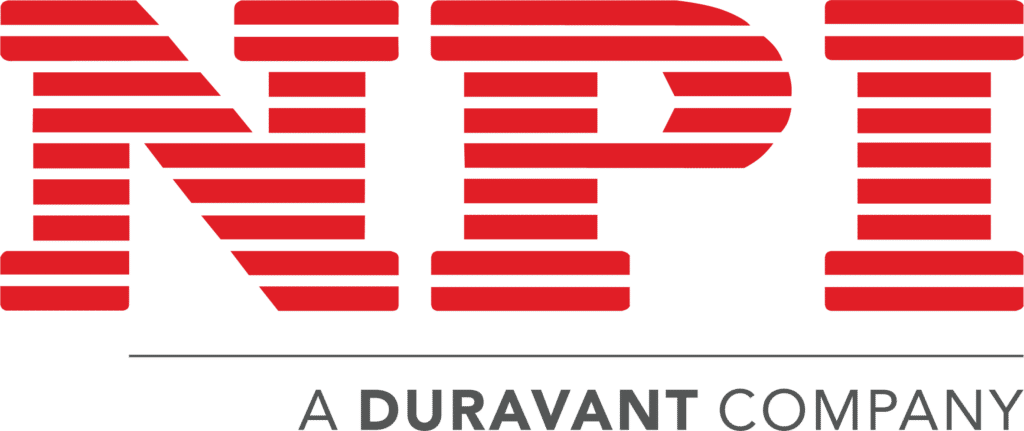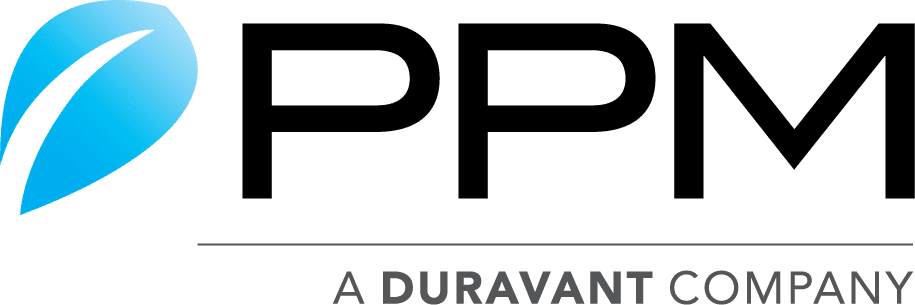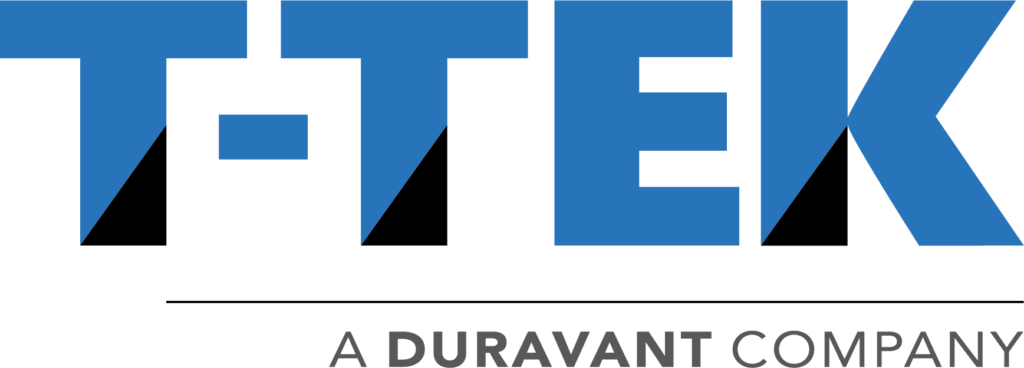The Duravant family of operating companies serve the food processing, packaging and material handling segments.
Lifecycle Services: Benefits of Preventative Maintenance
20/04/2022
When it comes to equipment maintenance, there are two strategies: reactive and proactive. A reactive method involves waiting until a problem arises to address any issues.
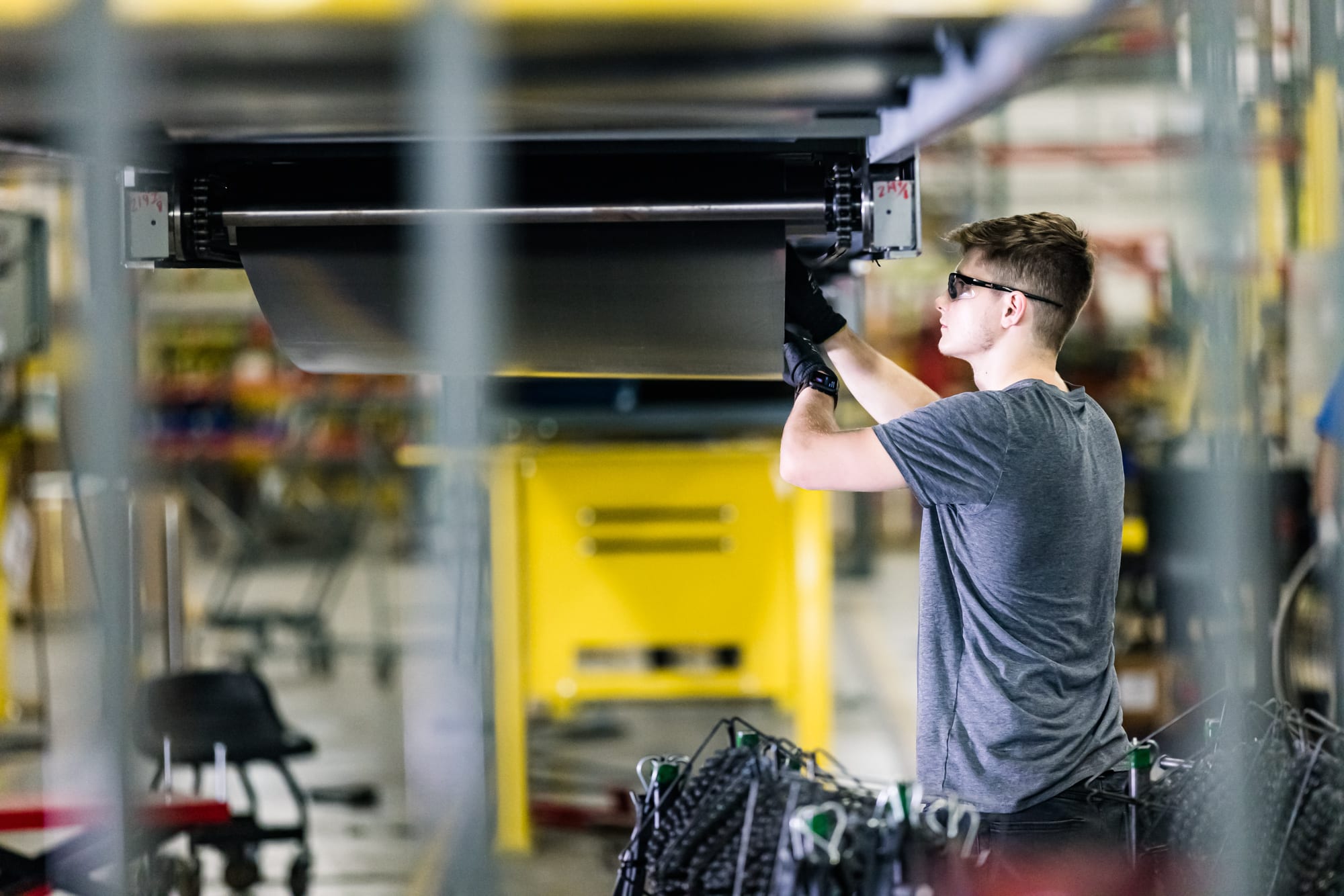
A proactive approach routinely addresses equipment needs and concerns to prevent failures. Routine inspections, cleaning schedules, minor adjustments, and lubrication are all aspects of a preventative maintenance program.
Importance of a Preventative Approach
Preventative maintenance is one of the most effective ways to reduce equipment downtime and increase the safety of employees.
Users that implement a preventative maintenance schedule can experience drastic cost savings. Of course, exact savings will vary on the size of your facility and the equipment used. Here are a few examples of how preventative maintenance can benefit your operation:
Increased Equipment Lifetime
It is normal for equipment to break down due to routine wear and tear. By implementing part replacement, fluid or oil changes, and quality inspections, equipment will remain in working condition.
Equipment will run more efficiently as a result and will in turn use less energy and resources.
Users can enjoy an extended equipment life cycle and increased performance. Occasional, small part replacements will reduce the need for equipment overhauls. By consistently caring for equipment, users can get more hours out of each component, increasing profits and decreasing costs.
Reduced Downtime
When facilities are not producing at optimal levels, companies are experiencing a loss. With a reactive approach, users will experience unplanned downtime. This leads to idle time for employees, missed deadlines, and a halt in production.
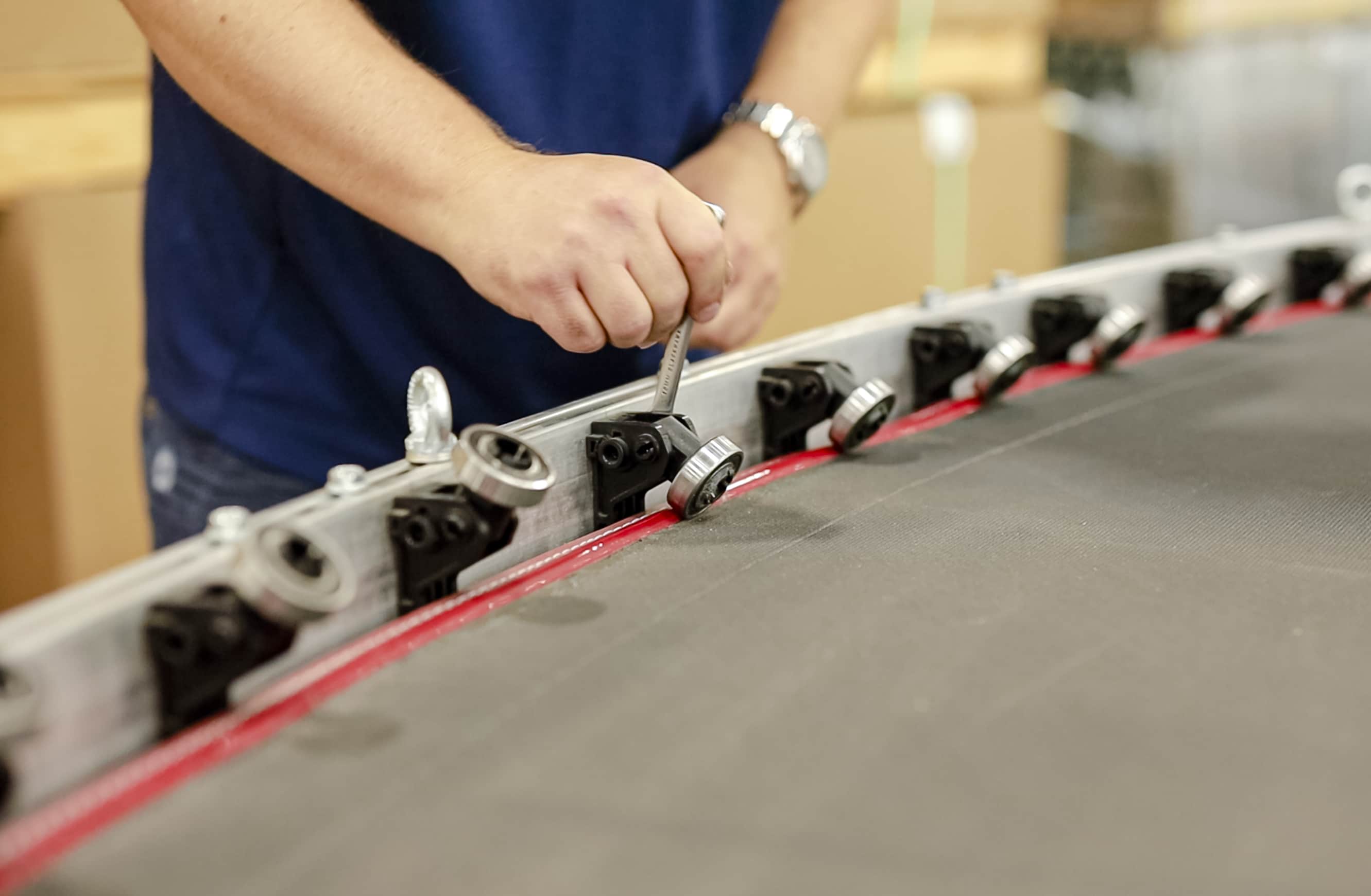
Additionally, unplanned breakdowns can lead to expensive repairs -- overtime for service technicians and expedited shipping for parts. If parts are not immediately available, the equipment could remain inoperable for extended periods.
A preventative maintenance plan allows users to keep downtime to a minimum. Maintenance checks are planned, allowing users to schedule in a way that limits impacts on production.
Company Reputation
As previously mentioned, reactive maintenance plans lead to missed deadlines and other losses. A company's reputation could suffer if production is consistently halted to repair equipment or deal with injuries.
Routine preventative maintenance keeps companies operating at their best. Reputation for employee safety and reliability is essential to ensure customer satisfaction and company success.
By offering a reliable product or service, companies can enhance their customer service and improve reputation.
Cost Savings
Companies relying solely on reactive maintenance essentially wait for a problem to happen.
A preventative maintenance plan can lead to savings as the priority becomes preventing equipment failure rather than responding to emergencies. Preventative maintenance is often much cheaper and requires less time commitment than system overhauls as a result of equipment failures.
Employee Safety
Employee safety is a top priority, and regular equipment maintenance can reduce potential hazards.
Routine equipment checks uncover any hazards and help prevent unsafe working conditions, resulting in fewer on-the-job injuries and accidents.
Shifting to a Preventative Maintenance Program
Implementing a preventative maintenance program starts with understanding the needs of your facility's equipment.
As your service partner, Duravant Lifecycle Services delivers an equipment lifecycle management program shaped to your equipment needs.
Lifecycle Services works to ensure that you get the best possible performance from your machine throughout its lifetime, including providing preventative maintenance schedules. With a dedicated team of service specialists, Lifecycle Services delivers 24/7 support. As a full-service provider, we also offer installation, start-up, and maintenance services.
To set up a meeting with our Lifecycle Services team, call 1-844-364-7378.


